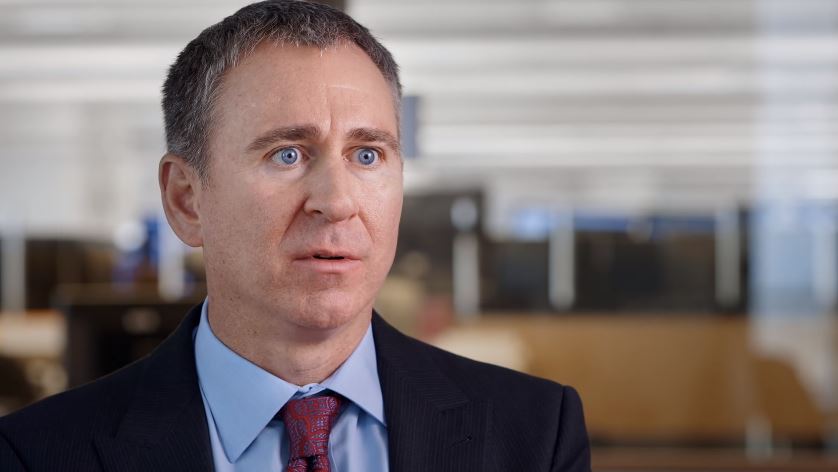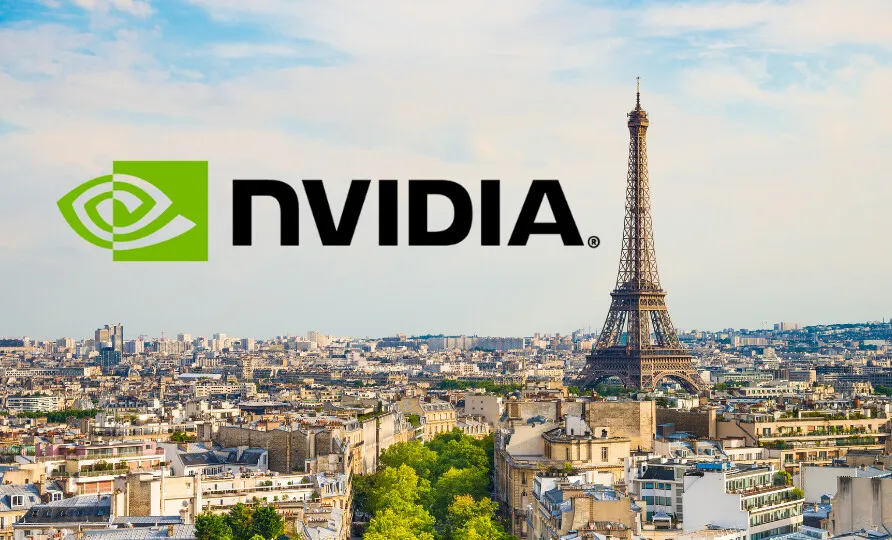The crypto industry continues to attract key players in the financial sector who once harbored doubts. Ken Griffin, the CEO of Citadel, has voiced his regret regarding missed opportunities in the crypto market from several years back.
This sentiment is indicative of a more general trend in which established financial institutions are increasingly investigating the potential of digital currencies and blockchain technology.
Griffin’s regrets of failing to invest in the decentralized finance market emphasize the increasing acceptability and recognition of digital assets within traditional finance circles. More financial leaders are reevaluating their stance on these digital innovations as the industry continues to gain traction and legitimacy.
An increasing number of industry leaders will probably reevaluate their strategies to incorporate digital assets, acknowledging their potential for innovation and development as the cryptocurrency market continues to expand.
The journey from anti-crypto to a crypto market maker
According to reports, Griffin, one of the wealthiest people in the world, has a net worth of approximately $30.4 billion and has gone pro-crypto. Griffin stated that Citadel is unable to disregard the crypto market any longer despite his skepticism.
Griffin had previously dismissed cryptocurrencies as “a jihadist call” against the dollar. However, this week, he maintained that “crypto has been one of the greatest stories in finance over the course of the last 15 years.”
In an interview in 2022, Griffin said, “The crypto market today has a market capitalization of about $2 trillion in round numbers, which tells you that I haven’t been right on this call.”
Griffin also said, “I still have my skepticism, but there are hundreds and millions of people in this world today who disagree with that.”
He added, “To the extent that we’re trying to help institutions and investors solve their portfolio allocation problems, we have to give serious consideration to being a market maker in crypto.”
In addition, he disclosed that he is currently contemplating the possibility of Citadel working with the digital asset industry in the months ahead.
Now, it has been reported that he regrets not having invested a few years ago when he realized that the crypto market was really working.
How awful was Griffin’s anti-crypto campaign, and why is this such significant news?
Citadel Securities, a market maker, is responsible for approximately 40% of the daily retail trading in the United States, making it one of the largest companies engaged in the nation’s financial infrastructure.
In 2021, Griffin stated that he had failed to understand the economic foundation of crypto. Instead, he only knows the process of determining the net present value of earnings when valuing a stock and the concept of currency exchange rates on a global scale.
In the same year, Griffin made headlines in the crypto space when he paid $43.2 million for a first-edition copy of the U.S. Constitution DAO intended to buy.
DAO, a decentralized autonomous organization, had raised over $40 million in ether from its collective members. Other contributions came from other crypto enthusiasts and institutional investors, such as Gemini, in an effort to acquire the document.
Griffin claimed after buying the copy, “The U.S. Constitution is a sacred document that enshrines the rights of every American and all those who aspire to be.” He added, “That is why I intend to ensure that this copy of our Constitution will be available for all Americans and visitors to view and appreciate in our museums and other public spaces.”
Citadel’s financial standing remains strong, even in the absence of crypto investments
Citadel, run by Ken Griffin, is currently on track to beat a slow year for selling commodities on Wall Street. This will boost the hedge fund’s reputation as a leader in the asset class.
According to reports, Citadel’s commodities division generated approximately $4 billion in profit this year, primarily due to natural gas trading. This indicates that it is on course to surpass the previous year’s performance.
Citadel’s merchant trading division, Citadel Energy Marketing, is the reason for its distinctive position. In recent years, the unit, which is overseen by former Morgan Stanley commodities chief Jay Rubenstein, has been a significant source of profits due to its involvement in physical trading, including storage and transportation.
Weather derivatives and modeling are also part of the business, and they are essential instruments for natural gas trading.
The profits at Citadel’s commodities unit extend its positive run. It generated more than $4 billion last year and roughly double that amount in 2022.
From Zero to Web3 Pro: Your 90-Day Career Launch Plan





